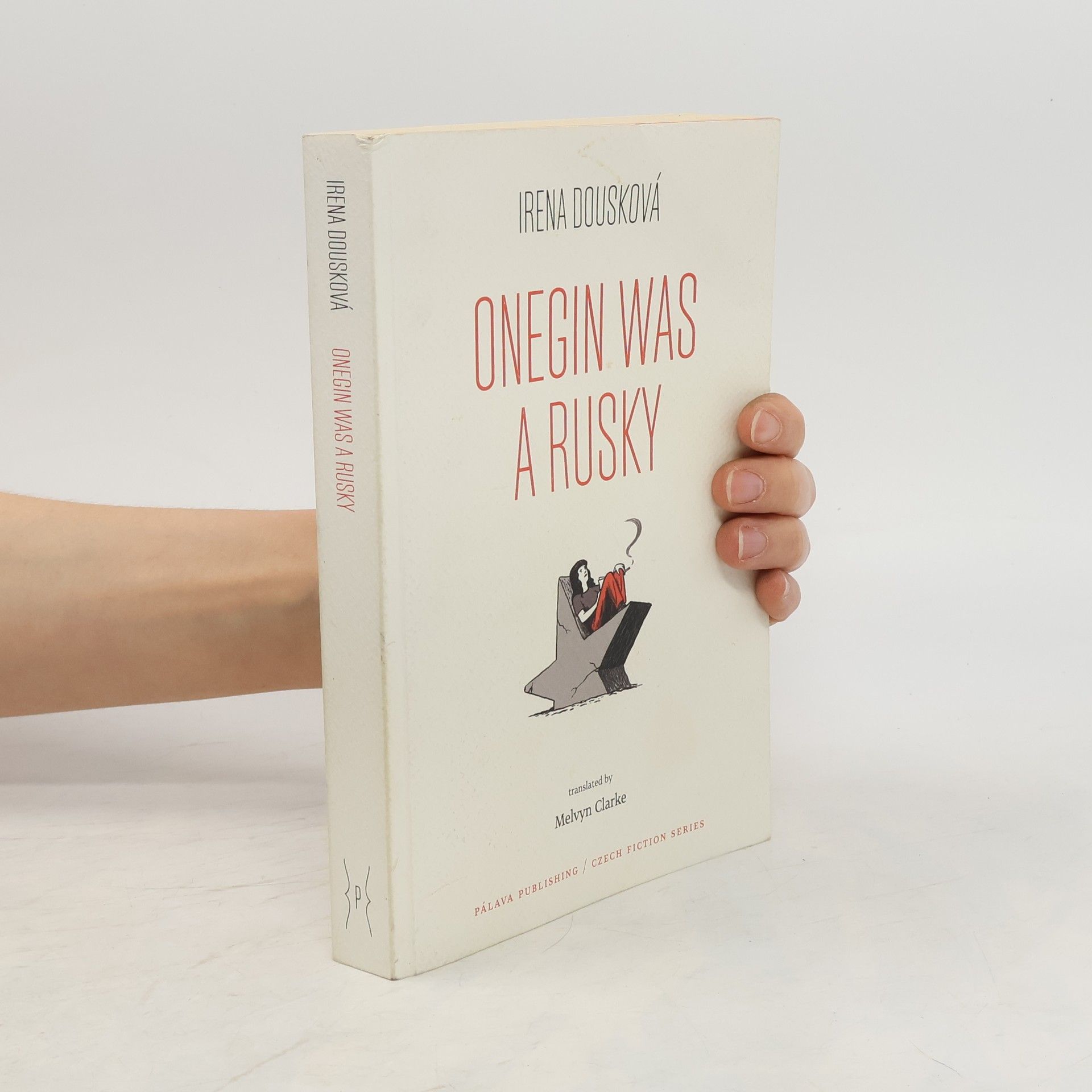Helena Součková, an eight-year-old schoolgirl in a small provincial town, deals not only with the uniquely dismal side of life in communist Czechoslovakia, but also with more than a few universal issues, like death, school dinners, guilt, obtuse teachers, betrayal, love, Jewishness, annoying little brothers, almost absent fathers, cruel classmates, bogus adults, eerie daydreams and nightmares that reflect the society around her. A child of her time, Helena nevertheless rises above it all with her special blend of grit, common sense and dark imaginings, which speak to us today with clarity and power. Helena has come to be a well-known archetype that many can identify with. Hrdý Budžes is now a firm family favourite in the Czech Republic and elsewhere in Central Europe. What has the English-speaking world been missing out on?
Helenka SoučkováReeks
Deze serie beschrijft het leven van een nieuwsgierig en scherpzinnig meisje in een Tsjechisch stadje tijdens het tijdperk van de normalisatie. Door haar onschuldige ogen volgen lezers het dagelijks leven, gevormd door het politieke klimaat, complexe familierelaties en haar persoonlijke dromen en ambities. Het kinderperspectief onthult de absurditeiten van die tijd en biedt tegelijkertijd een ontroerend beeld van opgroeien, het ontdekken van de wereld, liefde en onvermijdelijke teleurstellingen.



Aanbevolen leesvolgorde
- 1
- 2
Onegin was a Rusky
- 280bladzijden
- 10 uur lezen
Like B. Proudew, this work is an idiosyncratic autobiography woven into a collective memory of 1980s ‘timelessness’, to quote Václav Havel. In spite of the vetting obstacles placed in her way by the authorities, Helena Součková has succeeded in getting to grammar school. And although the cards fate deals her are difficult to play, she battles gamely to reach an understanding of her inner world and the world of hypocrisy around her. This coming-of- age novel gradually pieces together a mosaic of the era of deep normalization under President Husák, when most citizens of Communist Czechoslovakia did not even dare to think that the downfall of the system was within reach. Its atmosphere of all-pervading absurdity, apathy and bleakness stands in strong contrast to the author’s resourceful humour, which turns out to be one way to deal with a regime and an age of obtusity, indeed obtusity in general. The larger themes of the novel include human liberty, personal responsibility for one’s own behaviour and the quest for moral boundaries, both with regard to the family and the political set-up: totally timeless topics.
- 3
Ačkoli se dobové kulisy proměnily, žádná idyla se nekoná. Namísto normalizační krize hrdinka prožívá krizi středního věku. Ani této knize nechybí lehkost vyprávění a autorčin slovní situační humor. Platí zde, víc než kde jinde, že při smíchu v ranách štípe sůl. Volné pokračování bestselerů Hrdý Budžes a Oněgin byl Rusák se odehrává v současnosti, kdy hlavní hrdinku potkáváme již jako vdanou ženu, matku dvou dětí.